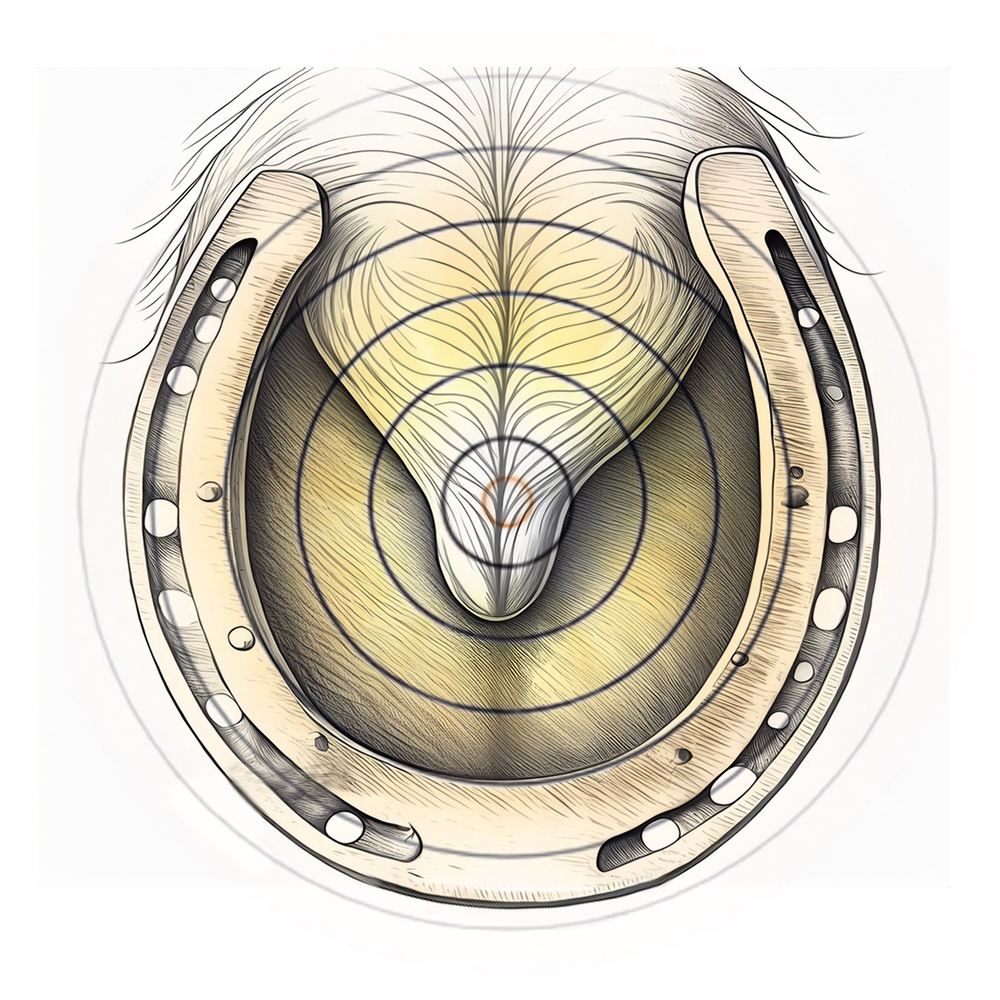Chapter 1
 John 1:43
John 1:43

Τῇ ἐπαύριον ἠθέλησεν ἐξελθεῖν εἰς τὴν Γαλιλαίαν, καὶ εὑρίσκει Φίλιππον, καὶ λέγει αὐτῷ ὁ Ἰησοῦς, Ἀκολούθει μοι.
RBT Greek Interlinear:
|
Strongs 3588
[list] Λογεῖον Perseus Tē Τῇ the Art-DFS |
|
Strongs 1887
[list] Λογεῖον Perseus epaurion ἐπαύριον next day Adv |
|
Strongs 2309
[list] Λογεῖον Perseus ēthelēsen ἠθέλησεν has willed V-AIA-3S |
|
Strongs 1831
[list] Λογεῖον Perseus exelthein ἐξελθεῖν to go out V-ANA |
|
Strongs 1519
[list] Λογεῖον Perseus eis εἰς into Prep |
|
Strongs 3588
[list] Λογεῖον Perseus tēn τὴν the Art-AFS |
|
Strongs 1056
[list] Λογεῖον Perseus Galilaian Γαλιλαίαν Galilee N-AFS |
|
Strongs 2532
[list] Λογεῖον Perseus kai καὶ and Conj |
|
Strongs 2147
[list] Λογεῖον Perseus heuriskei εὑρίσκει he finds V-PIA-3S |
|
Strongs 5376
[list] Λογεῖον Perseus Philippon Φίλιππον Philip N-AMS |
|
Strongs 2532
[list] Λογεῖον Perseus kai καὶ and Conj |
|
Strongs 3004
[list] Λογεῖον Perseus legei λέγει is speaking V-PIA-3S |
|
Strongs 846
[list] Λογεῖον Perseus autō αὐτῷ self/itself/himself PPro-DM/N3S |
|
Strongs 3588
[list] Λογεῖον Perseus ho ὁ the Art-NMS |
|
Strongs 2424
[list] Λογεῖον Perseus Iēsous Ἰησοῦς Salvation N-NMS |
|
Strongs 190
[list] Λογεῖον Perseus Akolouthei Ἀκολούθει Accompany V-PMA-2S |
|
Strongs 1473
[list] Λογεῖον Perseus moi μοι myself PPro-D1S |
RBT Hebrew Literal:
His name is Lover of the Horse
In the tomorrow he willed to come out63b into the Land of Circuit ("Galilaia").64 And he is finding Lover of the Horse,65 and the Salvation is saying to self, "Follow myself."
Unsplit.
Only horses (and other members of the equine family, such as donkeys and zebras) have a single, large, unsplit hoof on each foot. Hence, the symbolic significance of horses and donkeys.
Only horses (and other members of the equine family, such as donkeys and zebras) have a single, large, unsplit hoof on each foot. Hence, the symbolic significance of horses and donkeys.
Julia Smith Literal 1876 Translation:
The morrow Jesus wished to go forth to Galilee, and he finds Philip, and he says to him, Follow me.
The morrow Jesus wished to go forth to Galilee, and he finds Philip, and he says to him, Follow me.
LITV Translation:
And on the morrow, Jesus desired to go out into Galilee. And He found Philip, and says to him, Follow me!
And on the morrow, Jesus desired to go out into Galilee. And He found Philip, and says to him, Follow me!
ESV Translation:
The next day Jesus decided to go to Galilee. He found Philip and said to him, “Follow me.”
The next day Jesus decided to go to Galilee. He found Philip and said to him, “Follow me.”
Footnotes
| 63b | Greek "ἔρχομαι" (érkhomai) - This verb primarily means "to come." With the "ἐξ-" it becomes "ἐξέρχομαι" meaning "coming out" properly. Coming in and coming out are necessary words to understand the whole of the dual nature of the feminine. From the mother of dead ones to the mother of living ones. |
| 64 | Strong’s #G1056, Galilaia. Of Hebrew origin from #1551 and #1550, galil which means revolving, rolling, a turning. Used of the pivot rod of Solomon’s revolving 2-panel door. The root Hebrew verb is galal #1556 to roll, roll away. |
| 65 | Philip’s name can be translated, so why not translate it? Strong’s #5376, Phillipos. From philo = beloved, friendly and hippos = horse. Horse-loving, lover of horses. |